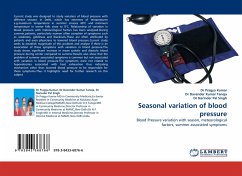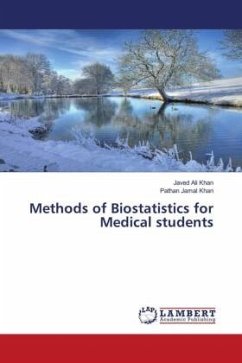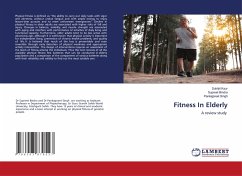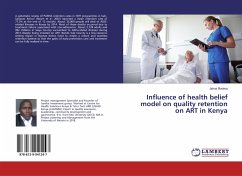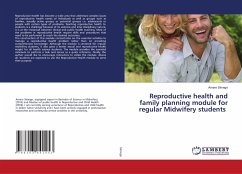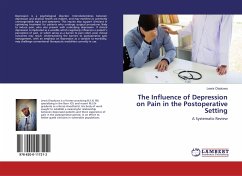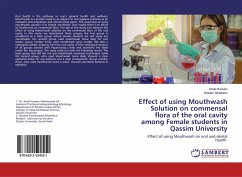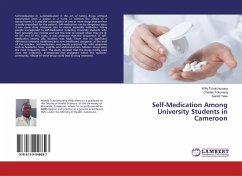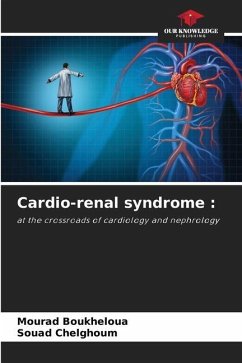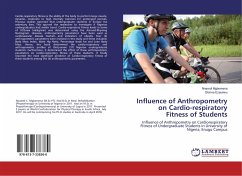
Influence of Anthropometry on Cardio-respiratory Fitness of Students
Influence of Anthropometry on Cardiorespiratory Fitness of Undergraduate Students in University of Nigeria, Enugu Campus
Versandkostenfrei!
Versandfertig in 6-10 Tagen
24,99 €
inkl. MwSt.

PAYBACK Punkte
12 °P sammeln!
Cardio-respiratory fitness is the ability of the body to perform large muscle, dynamic, moderate to high intensity exercises for prolonged periods. Previous studies reported that undergraduate students in Europe live sedentary lives. This spurred the researcher to investigate if Nigerian undergraduates had similar trend. Cardio-respiratory fitness levels in terms of VO2max (ml/kg/min) was determined using the Astrand-Rhyming Nomogram. Likewise, anthropometry parameters have been used as cardiovascular disease markers and indicators of obesity. Four (4) anthropometric parameters were involved i...
Cardio-respiratory fitness is the ability of the body to perform large muscle, dynamic, moderate to high intensity exercises for prolonged periods. Previous studies reported that undergraduate students in Europe live sedentary lives. This spurred the researcher to investigate if Nigerian undergraduates had similar trend. Cardio-respiratory fitness levels in terms of VO2max (ml/kg/min) was determined using the Astrand-Rhyming Nomogram. Likewise, anthropometry parameters have been used as cardiovascular disease markers and indicators of obesity. Four (4) anthropometric parameters were involved in this study and these included; Body Mass Index, Waist Hip Ratio, Percentage body fat and Lean Body Mass. Hence, this book determined the cardio-respiratory and anthropometric profiles of thirty-seven (37) Nigerian undergraduate students. Furthermore, it determined the effect of these anthropomteric parameters on cardio-respiratory fitness of these students. It finally reported the most significant predictor of Cardio-respiratory fitness of these students among the (4) anthropometric parameters.




